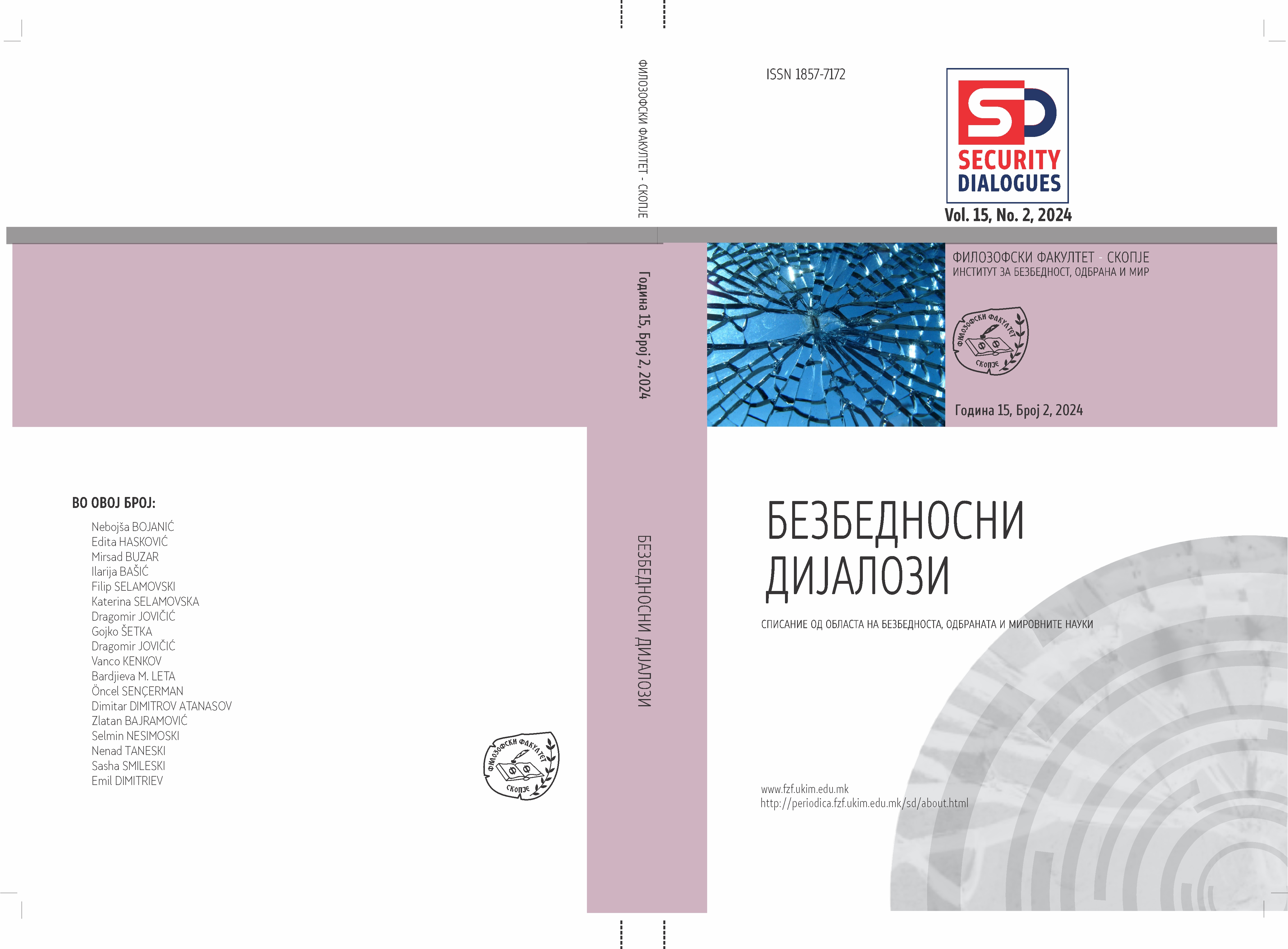SECURITY MANAGEMENT THROUGH THE (NEXT GENERATION) INCIDENT
COMMAND SYSTEM MODEL
SECURITY MANAGEMENT THROUGH THE (NEXT GENERATION) INCIDENT
COMMAND SYSTEM MODEL
Author(s): Dragomir Jovičić, Vancho Kenkov, Leta Bardjieva MiovskaSubject(s): Social Sciences
Published by: Филозофски факултет, Универзитет "св. Кирил и Методиј"
Keywords: security; management; command; coordination; model; ICS; NICS; RNM
Summary/Abstract: The purpose of this paper is to emphasize the importance of application of the appropriate model for security management in contemporary security emergencies. Given the complex nature of security situations and the involvement of multiple security actors i.e. institutions in their management, it is essential to deliver an effective outcome and minimize consequences and further escalation. In the direction of descriptive elaboration, the models of the incident command system and the incident command system of the next generation, which is the officially adopted crisis management mechanism in the Republic of North Macedonia, are briefly defined and presented. With their organizational hierarchy characteristics for human and material resources designation, they counterpoise a common platform for real-time data sharing and situational awareness. North Macedonia has adapted the NICS system which is used to coordinate the national all-hazards response within the context of civil-military cooperation in various security circumstances. The NICS is developed on the Incident Command System developed by the Federal Emergency Management Agency as a standardized approach to multifaceted incidents for a coordinated response among different jurisdictions and entities. The initial hypothesis in this paper refers to the premise that in a contemporary environment, the implementation of the optimal security management model should include the dimension of communication in the form of information and data sharing, coordination of the execution of the decisions made, and a standardized approach to action. The independent variable in addition to the hypothesis is that the application of an appropriate management model aims to create a flexible response with unified action from multiple relevant institutions from different domains of social activities and should standardize and coordinate the efforts undertaken. The methodology applied for this research includes qualitative and quantitative data analysis from relevant primary and secondary sources extracted from field simulation and empirical examples, deductive argumentation, comparison method, retrospective review and forecasting conclusions.
Journal: Bezbednosni dijalozi
- Issue Year: 15/2024
- Issue No: 2
- Page Range: 53-65
- Page Count: 13
- Language: English

